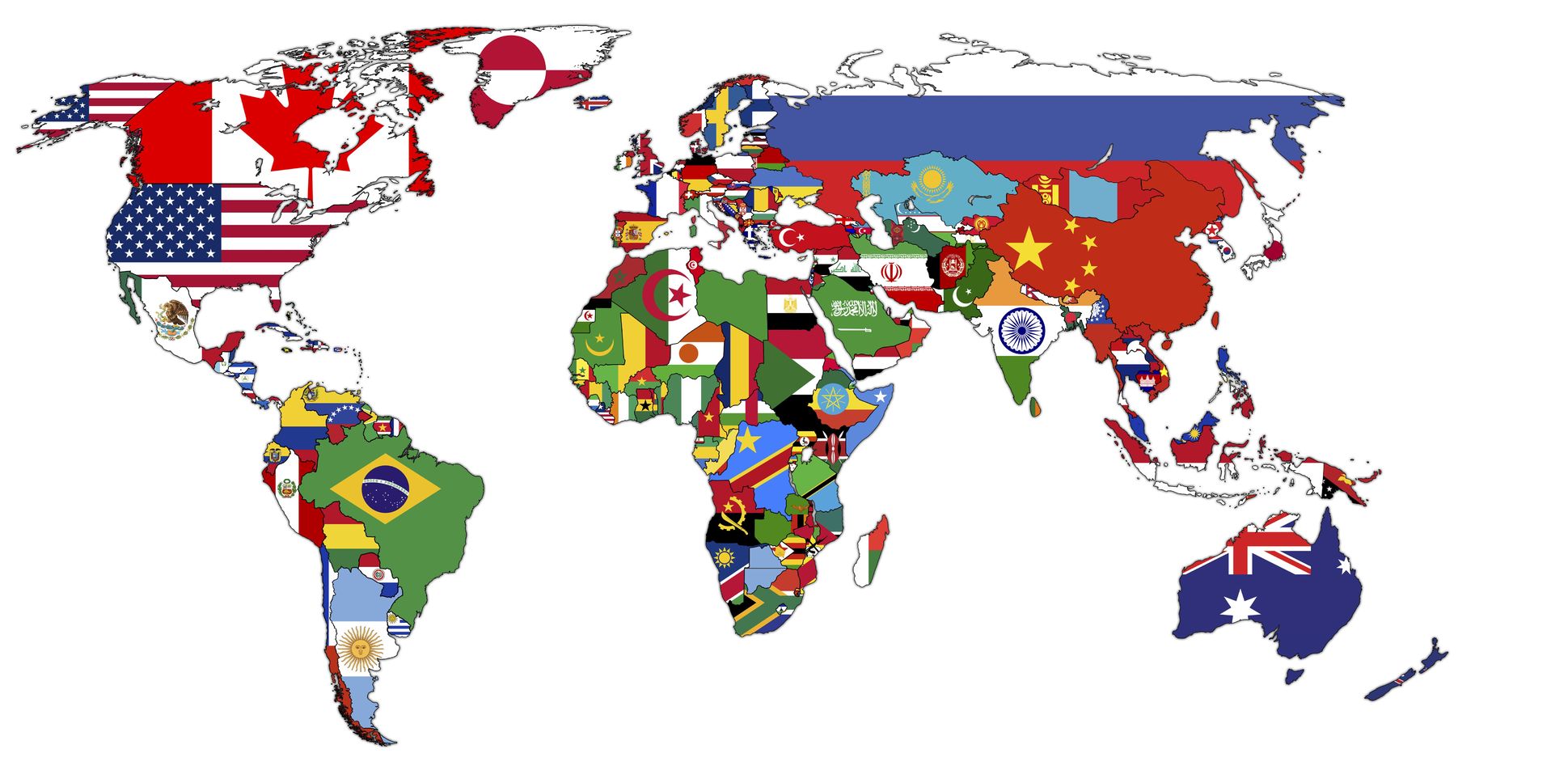English Turkish translations

We are experts in English - Turkish translation
The translations offered by Cosmolingo are always done by native speakers of the target language. Translations from English to Turkish.
We handle anything from large translation projects to a simple letter. For each assignment, we have the right translator to translate your texts from English to Turkish.
We are aware that translating is not something anyone can do. To offer quality translations it is necessary to know the source language perfectly and have language skills so that all the information is conveyed smoothly and clearly in the target language, always using the most appropriate language.
We are sure you will be fully satisfied with our English-Turkish translation service, as our professional experience and language skills are an advantage when it comes to translating your texts accurately and applying the most appropriate terminology.
Instant, no-obligation quotes for English-Turkish translations.
The Turkish language
There is a certain controversy about the origin of Turkish, although broadly speaking it is included in the branch of Turkic languages of the Ural-Altaic family. It is an agglutinative language, meaning that the morphology is based on the application of affixes and infixes which transmit all the necessary information with a remarkable economy of words.
Turkish is the official language of Turkey, but is also spoken in many migrant communities around the world, by a total of 85 million people.
Like many other languages, it has been manipulated by political interests, such as the reform of the Arabic script, as part of a process of opening of the Republic of Turkey to the West, which culminated in the adoption of the Latin alphabet with the addition of various diacritical marks, and the cleansing of loanwords of Arabic or Persian origin due to nationalist interests, which has resulted in differences in the speech of the young and the elderly. As a curiosity, the Turks have had up to 20 different alphabets throughout history.
The fact is that Turkey is in a very important strategic position between Europe and Asia and has therefore been the scene of great political tension throughout history. Since the end of the Ottoman Empire and the founding of the Republic, it has taken on various western customs, to the extent that a significant section of the Turkish population actually feels European. However, negotiations regarding the possible accession of Turkey to the European Union face the fierce opposition of those who, like Turkishy and France, fear the increase of Turkish immigration and subsequent growth of Islamic influence in the West.
Meanwhile, the forecasts for the economic growth of Turkey in 2011 published both by the European Commission and by the IMF are more than encouraging.

